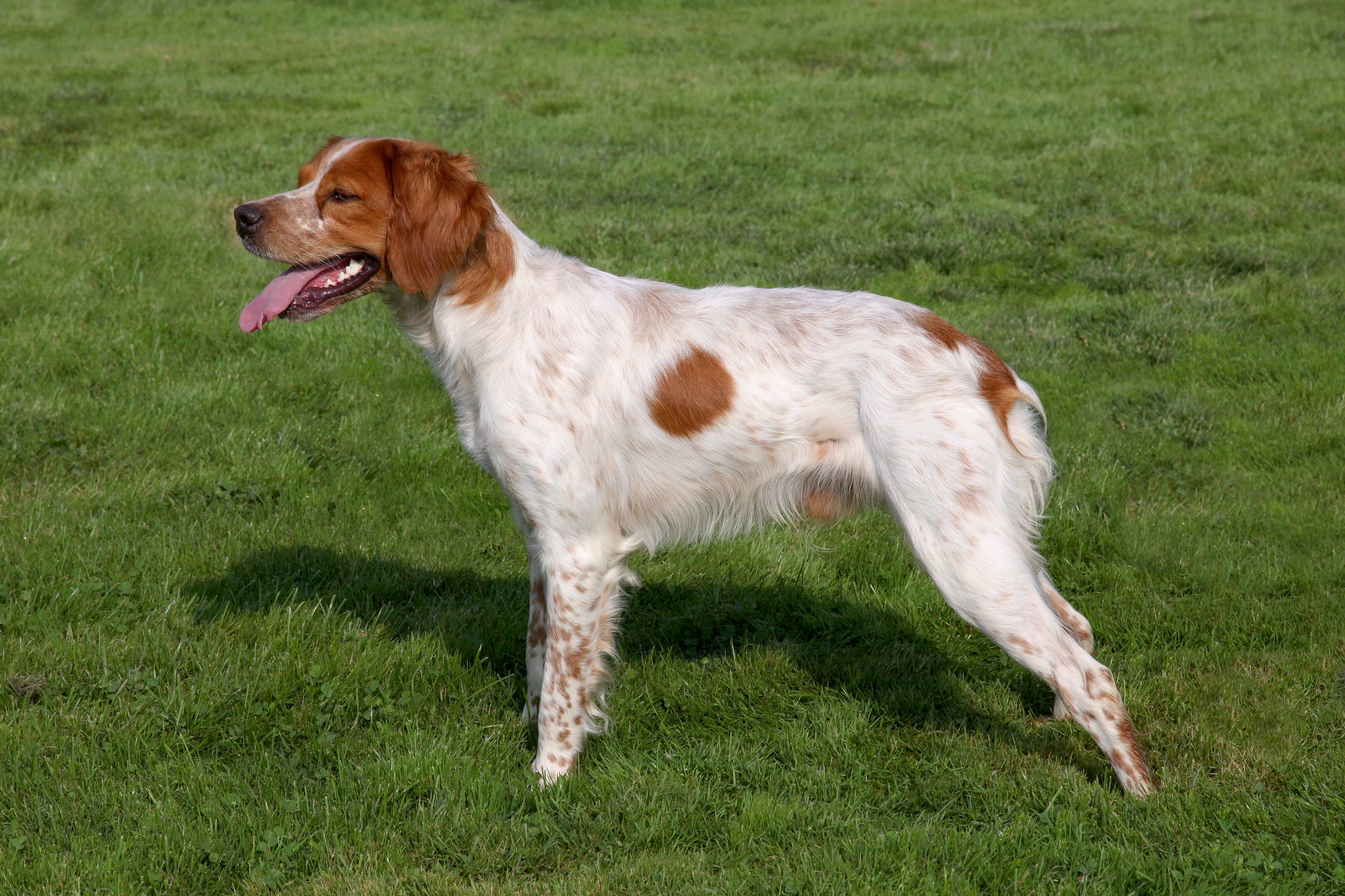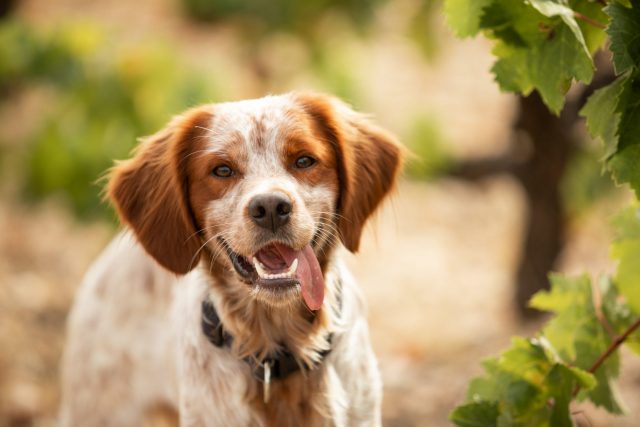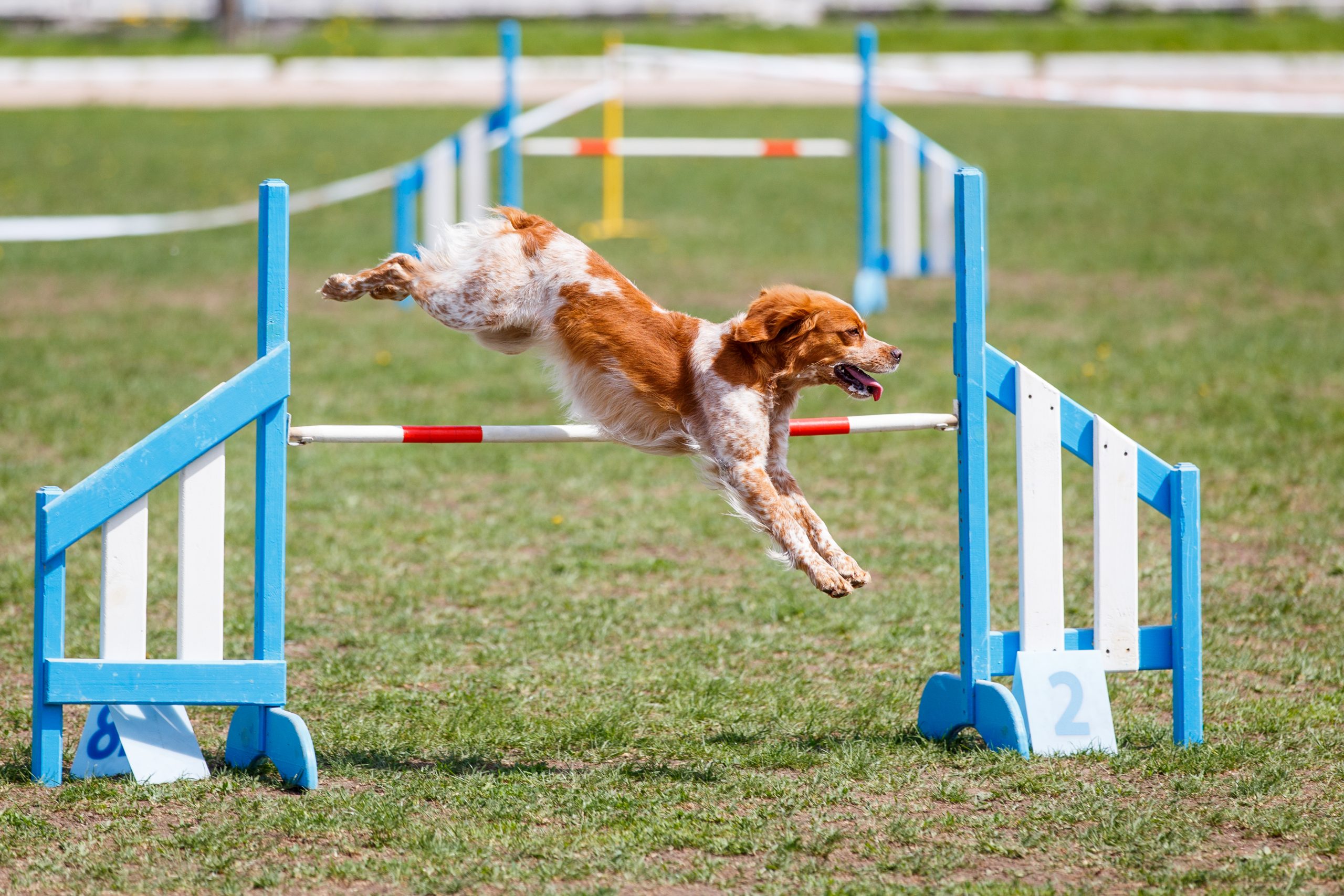Brittany
No products found which match your selection.
Shelter Dog Meal Donation Count:
No products found which match your selection.
Brittanys are renowned for their boundless energy and loving nature, making them fantastic companions for those who lead an active lifestyle and can dedicate time to their exercise and training needs.
The Brittany is a versatile hunting dog, known for its ability to point and retrieve game. They are equally renowned as affectionate family pets, appreciated for their friendly and gentle nature.

Originating in the Brittany province of France, the breed was first recognized in the 19th century. Originally bred as a hunting dog, Brittanys were prized for their versatility in bird hunting.




Brittanys are generally healthy but prone to hip dysplasia, epilepsy, and ear infections. Regular health check-ups are essential.
Their coat requires regular brushing to prevent matting. Occasional bathing, ear cleaning, and nail trimming are also recommended.
High energy levels demand regular, vigorous exercise. Activities like running, playing fetch, and agility training are ideal.
Highly trainable and eager to please. Positive reinforcement methods work best. Early socialization and obedience training are recommended.
A balanced diet tailored to their age, size, and activity level. Whether commercially manufactured or home-prepared, high-quality dog food should meet their nutritional needs.
Caring for Brittany requires commitment, particularly regarding exercise and mental stimulation. Their friendly and sociable nature makes them excellent family pets, but they thrive best with active, engaged owners who can meet their high-energy needs.
Brittanys are generally a healthy and robust breed, but like all dog breeds, they have specific health issues that are more prevalent. Awareness of these common health issues and adherence to recommended tests can help owners maintain their pets' health and well-being.
Proper care and regular veterinary check-ups are critical to Brittany's healthy life. Understanding these common health issues and adhering to the recommended testing and preventive care guidelines can help ensure a long, fulfilling life for these energetic and affectionate dogs.
The iHeartDogs Free Rx Discount Card Program is a pet prescription discount card that can help you save money on your furry friend’s medications. The card is free to sign up for, and you can use it at participating pharmacies nationwide. To use the free program, simply show the card to your pharmacist when you pick up your pet’s prescription. The pharmacist will then scan the card, and you will receive a discount on the price of the medication.LEARN MORE
Caring for a Brittany involves various expenses that can vary based on location, the dog’s age and health, and individual care choices. Here’s a breakdown of typical expenses:
Total Estimated Annual Cost:
$2100 - $8000
It's important to note that these figures are estimates and can vary. Also, the first year of owning a dog can be more expensive due to one-time costs like spaying/neutering, initial vaccinations, and training. Regular budgeting for your dog's needs and an emergency fund for unforeseen costs are essential for responsible pet ownership.